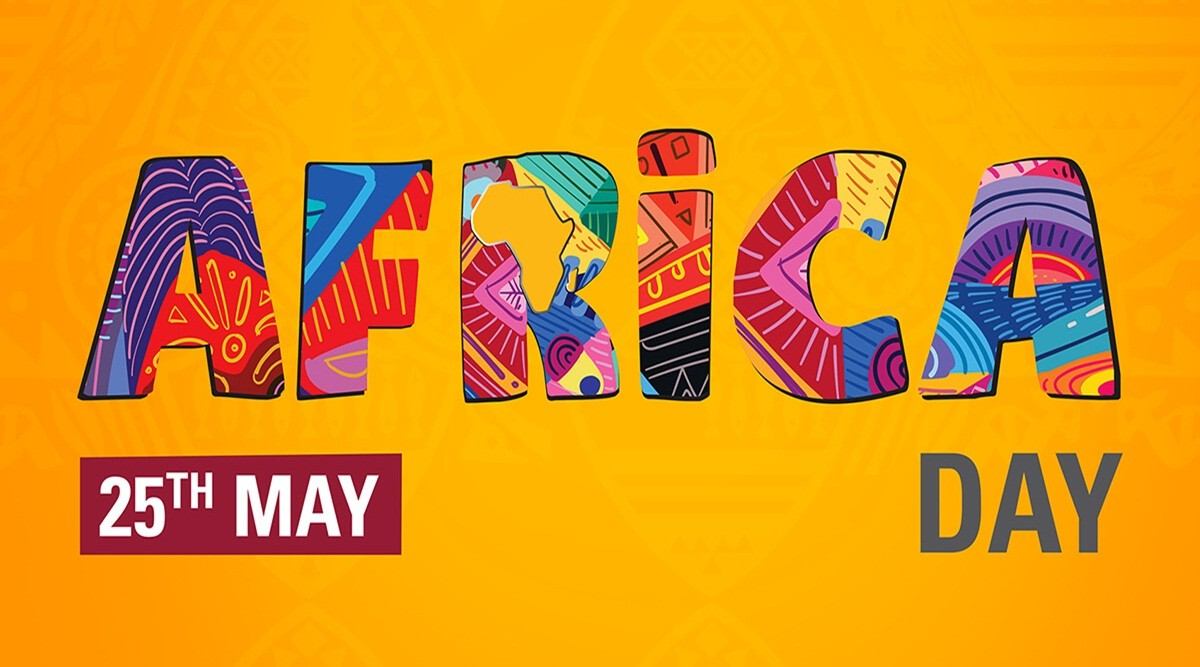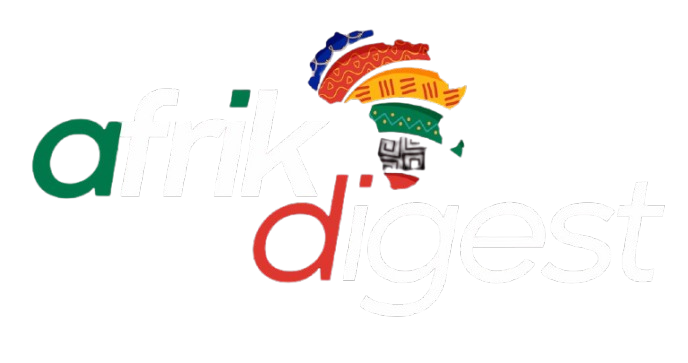
Africa Day, celebrated every May 25, marks the founding of the Organization of African Unity (now the African Union) in 1963. It serves as a time to recognize the continent’s progress and potential, its dynamism and the depth of its inventiveness and cultures while recognising each nation’s challenges.
Africa is known as the world’s second-largest and most populous continent after Asia. There are a total of 54 countries in Africa, with about 1,000 – 2,000 languages spoken on the continent. According to a Havard report, Africa is home to approximately one-third of the world’s languages.
The First Congress of Independent African States was held in Accra, Ghana on 15 April 1958. It was convened by the Prime Minister of Ghana, Dr. Kwame Nkrumah, and comprised representatives from Egypt (then a constituent part of the United Arab Republic), Ethiopia, Liberia, Libya, Morocco, Sudan, Tunisia, the Union of the Peoples of Cameroon, and the host country, Ghana. The Union of South Africa was not invited.
The conference showcased progress of liberation movements on the African continent in addition to symbolizing the determination of the people of Africa to free themselves from foreign domination and exploitation. Although the Pan-African Congress had been working towards similar goals since its foundation in 1900, this was the first time such a meeting had taken place on African soil.
The conference called for the founding of an African Freedom Day, a day to “…mark each year the onward progress of the liberation movement, and to symbolize the determination of the people of Africa to free themselves from foreign domination and exploitation.”
The conference was notable in that it laid the basis for the subsequent meetings of African heads of state and government during the Casablanca Group and the Monrovia Group era, until the formation of the Organisation of African Unity (OAU) in 1963.
Five years later, on 25 May 1963, representatives of thirty African nations met in Addis Ababa, Ethiopia, hosted by Emperor Haile Selassie. By then more than two-thirds of the continent had achieved independence, mostly from imperial European states. At this meeting, the Organization of African Unity was founded, with the initial aim to encourage the decolonization of Angola, Mozambique, South Africa and Southern Rhodesia. The organization pledged to support the work conducted by freedom fighters, and remove military access to colonial nations. A charter was set out which sought to improve the living standards across member states. Selassie exclaimed, “May this convention of union last 1,000 years.”
The charter was signed by all attendees on 26 May, with the exception of Morocco. At that meeting, Africa Freedom Day was renamed Africa Liberation Day. In 2002, the OAU was replaced by the African Union. However, the renamed celebration of Africa Day continues to be celebrated on 25 May in respect to the formation of the OAU.
With its vast number of countries and diverse linguistic landscape, Africa represents a treasure trove of languages, traditions, and histories. Celebrating Africa Day provides an opportunity to honour and appreciate the continent’s immense cultural wealth while fostering unity, understanding, and recognition of Africa’s global significance.
In the past, people across Africa commemorated Africa Day with a tapestry of vibrant festivities, music, dance, cultural exhibitions, and thought-provoking discussions. From bustling city streets to rural villages, the day was filled with joy, reflection, and a renewed sense of pride in African heritage.
Africa over the years has always often been reduced to a single story – typically one of poverty, disease, hunger or conflict. Another narrative that has gained currency is that the continent is a “black hole of investing.”
One of the reasons the celebration of Africa Day has gained a more prominent importance is that it is an avenue to tackle these harmful narratives and show the African continent in a more positive light.
Africa Day continues to be celebrated both in Africa and around the world, mostly on 25 May (although in some cases these periods of celebrations can be stretched out over a period of days or weeks).
Themes are set for each year’s Africa Day, with 2015’s being the “Year of Women’s Empowerment and Development towards Africa’s Agenda 2063”. The slogan of the 2023 Africa Day celebration was “Our Africa Our Future”. The theme of 2024 Africa Day celebration is “Education Fit for the 21st Century”.
The theme for Africa Day 2025 is “Revisiting Our History, Shaping Our Future”.



